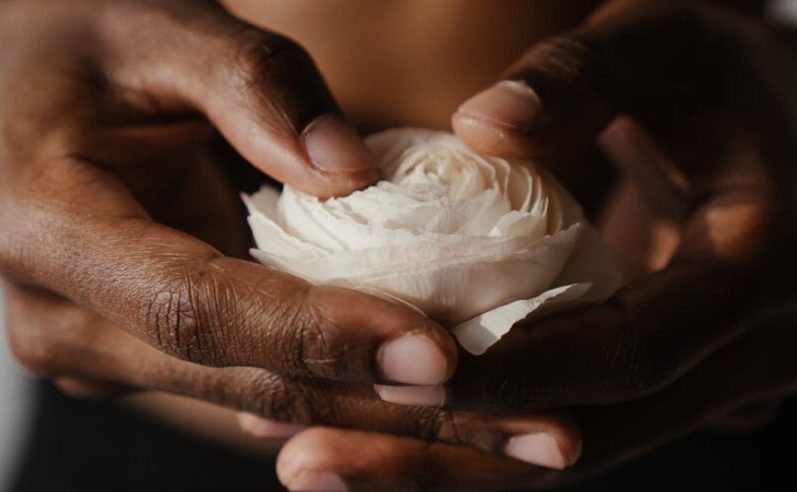Joe Torre was inducted into the Major League Baseball Hall of Fame earlier this summer and just this weekend his #6 was retired by the New York Yankees. He is, by any definition, one of the great baseball men of the last century. By my estimation, he’s just one of the great men. Period.
I never have been nor likely ever will be a Yankees fan. But I respect greatness and I respect the leadership that leads to greatness. Joe Torre is a tremendous model of the truism that you must first lead self before you can effectively lead others. It is no coincidence that his moment of revelation in 1995, a moment in which he courageously opened himself to the pain of insight that leads to understanding, marked the beginning of a shift in his leadership impact.
In a New York Times piece by Tyler Kepner, Torre candidly discusses his realization that there was an incredibly important, deeply hurtful source of self-doubt that had prevented him from believing in himself the way so many others did. Growing up in an abusive household he felt responsible, as kids so often do, for the pain of something over which he had no control.
“So I started talking about it, which people don’t do, even to this day. Once I realized I wasn’t born with these feelings of being inferior, which is the way I categorized them, I was excited. Because now I found out that, ‘O.K., I’m normal like everybody else.’ I just had something that — and not that I’m blaming my father — but at least I knew that this was created as I was a kid growing up. So it was a freedom to talk about it because I could just say, ‘Hey, yeah, this went on in my life.’ ”
Torre added, later: “I had friends growing up who had no clue what was going on in my house. And I didn’t want to share it. I was embarrassed by it, and I thought I caused it because there was a lot of whispering in my house. So finding out all these things weren’t true, it was sort of like you wanted to shout it from the rooftops.”
His willingness to finally look into this darkest corner opened up the freedom to discover a new, more accurate version of himself that more closely matched the person so many others easily saw.
In addition to winning four World Series with the Yankees, Torre’s legacy will be defined by his leadership off the field. His foundation, Safe at Home, provides safe rooms for children impacted by violence in the home. Fifty-thousand children have benefitted from the program so far.
Mr. Kepner’s piece concludes this way:
The calming presence in the corner of the dugout, the master clubhouse communicator, the charming public figure, all of those roles were hard-earned for Torre. The steward of baseball’s last true dynasty has a permanent place in Yankees lore and a deeper, more important legacy than he ever could have imagined in 1995.
Joe Torre met the possibility of his future once he made peace with the truth of his past. His courageous look within made the difference between a life plagued by doubt and one emboldened by awareness. We desperately need his example.
And we desperately need many more just like him. Will you be among them?




